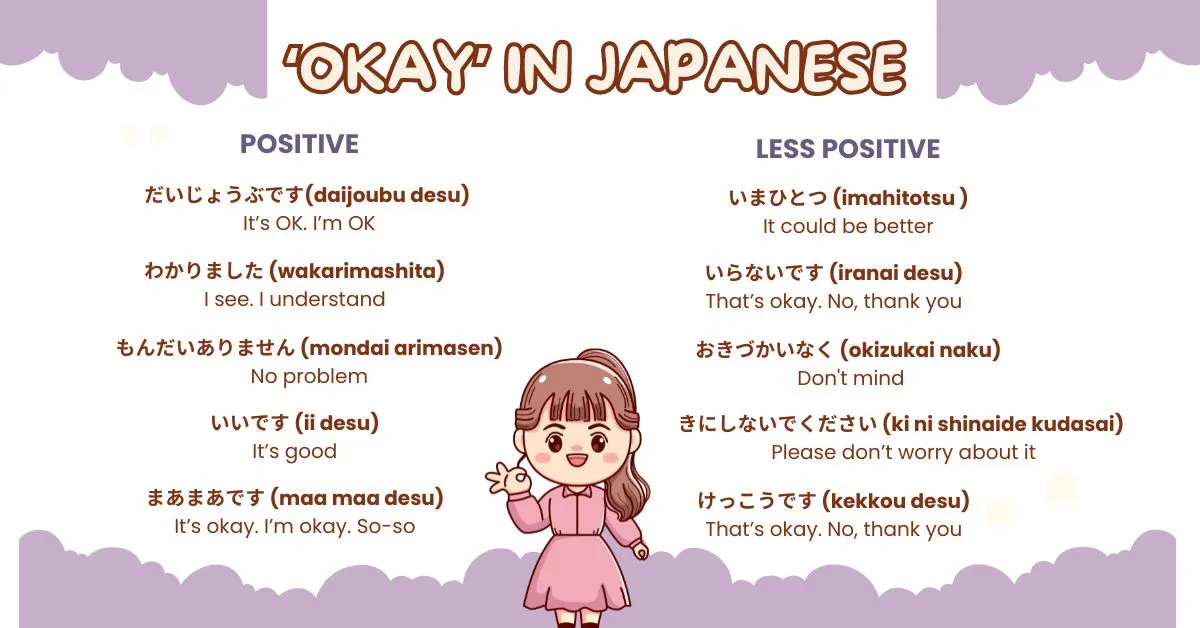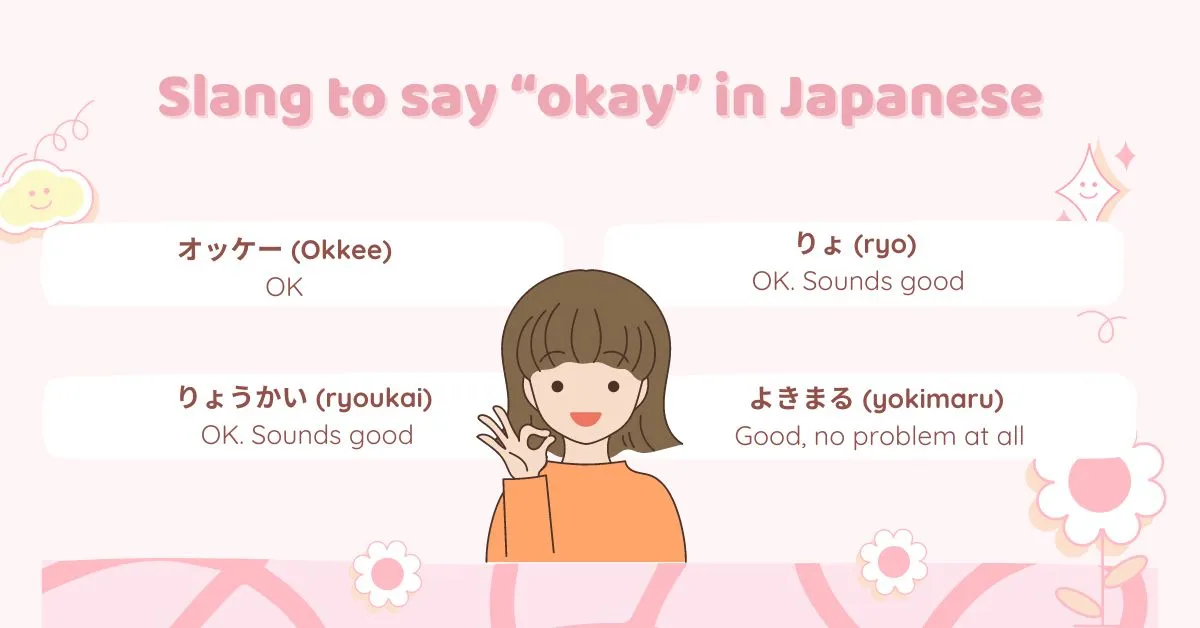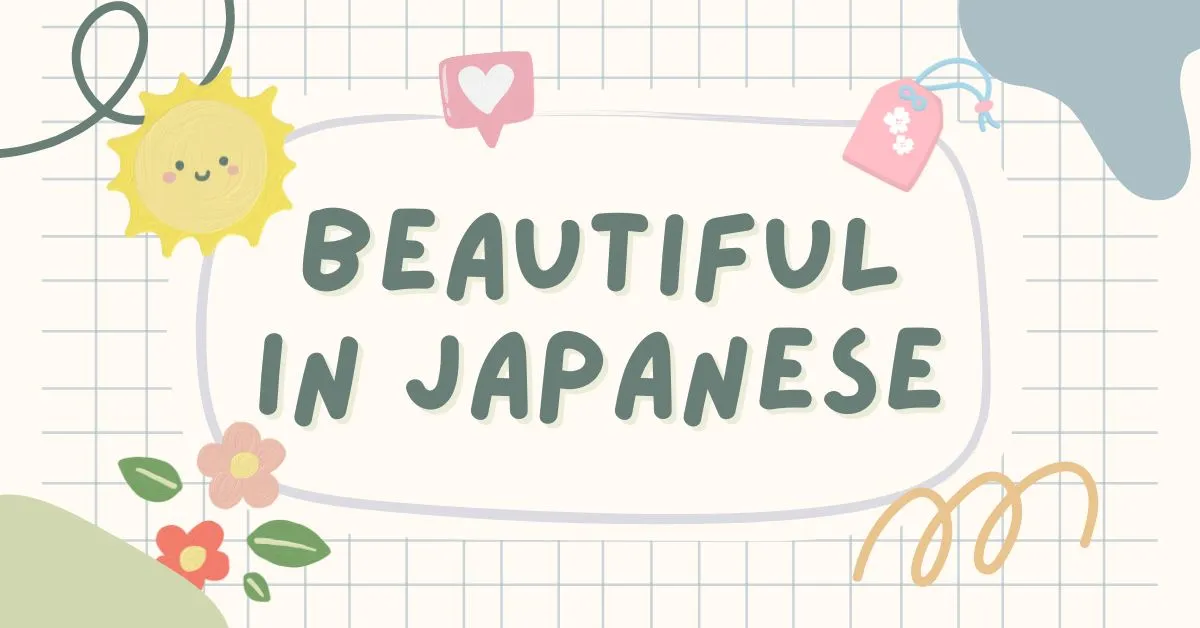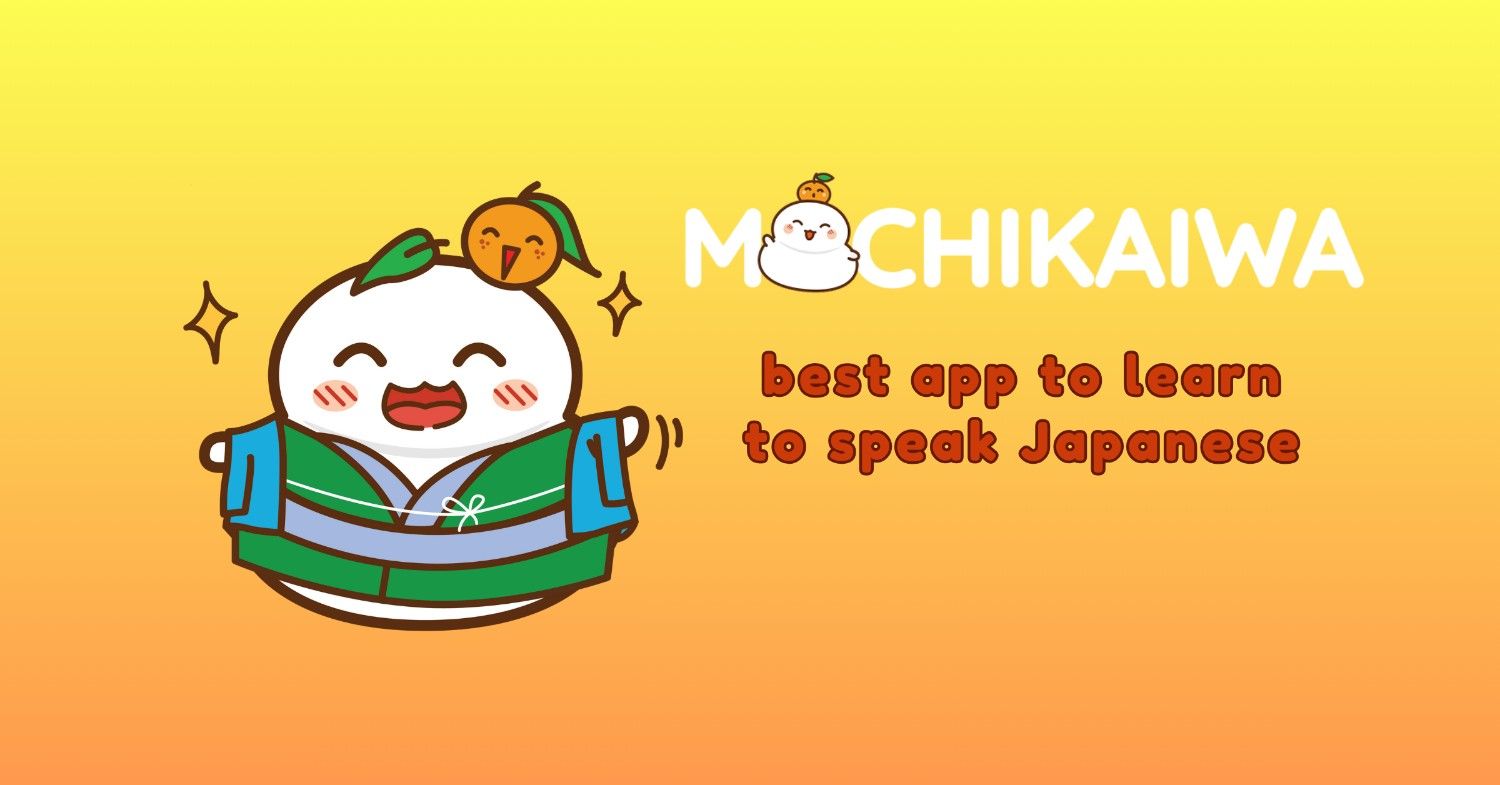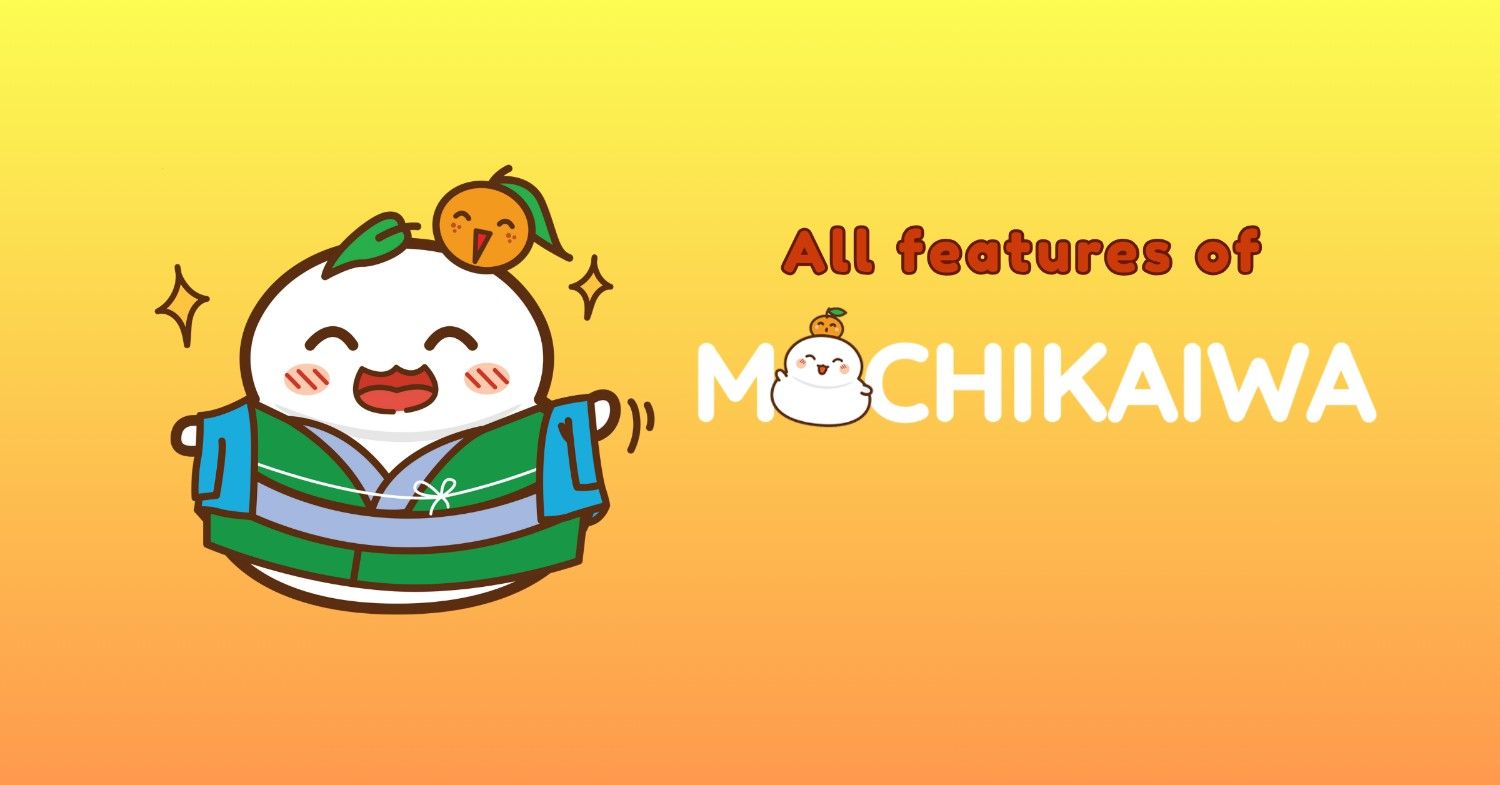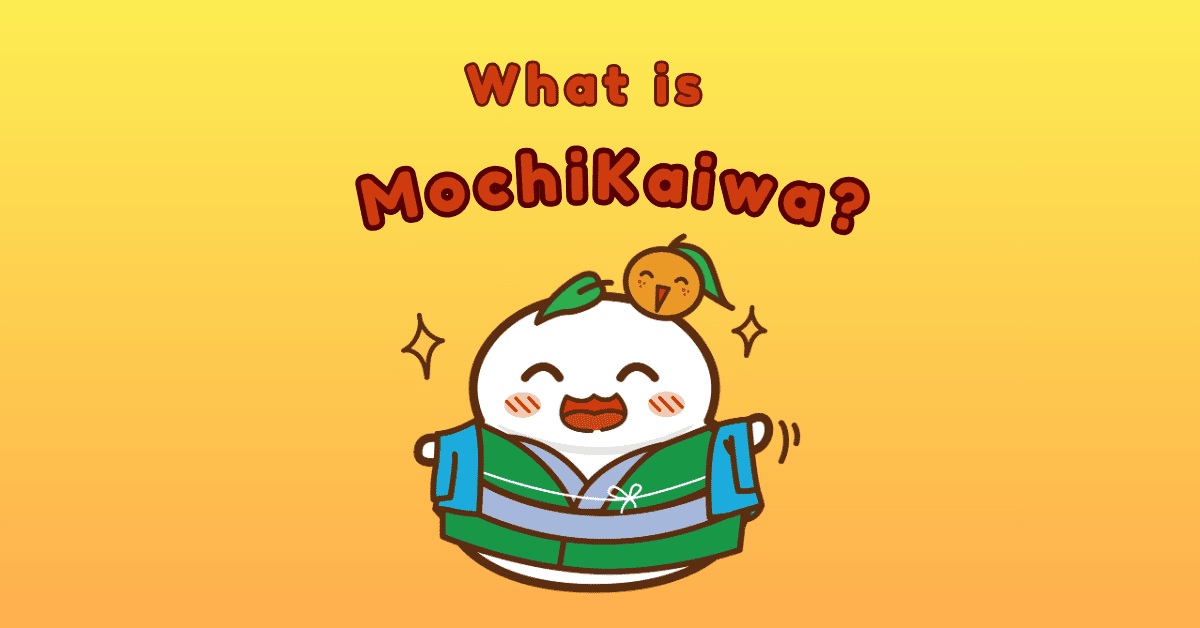Learning how to say “okay” in Japanese is essential for anyone looking to communicate effectively in various situations. Whether you’re agreeing with someone, acknowledging a statement, or giving approval, knowing the appropriate phrases can help you navigate conversations smoothly. In this guide, we’ll explore the different ways to say “okay” in Japanese, ranging from formal and positive expressions to casual and even slang variations.
- How to Say “okay” in Japanese
- The different versions of “okay” in Japanese
- Slang to say “okay” in Japanese
- “Okay” can be used in any situation
- Conclusion

1. How to Say “okay” in Japanese
The Japanese language has borrowed the term “OK” from English and uses it commonly. In informal settings, you might say オーケー (ookee), while in more formal contexts where politeness is important, オーケーです (ookee desu) is appropriate.
To express understanding, わかった (wakatta) is often the go-to phrase in casual conversations. For a more formal touch, わかりました (wakarimashita) is preferred.
Just like in English, the phrase “OK” in Japanese can be used in a variety of situations. It can signify agreement, approval, or sometimes even indifference, depending on how it’s delivered. The meaning of “OK” in Japanese, much like in English, can vary greatly depending on the context and tone of voice.
2. The different versions of “okay” in Japanese
When you want to express a positive “okay” in Japanese, whether in a formal or casual setting, the following phrases will be useful:
a. Positive okay in Japanese
Formal and positive
- だいじょうぶです (daijoubu desu | 大丈夫です | It’s OK. I’m OK.)
This phrase is versatile and widely used in formal situations to express that everything is fine or that you are okay. For example, if someone asks if you’re comfortable with something, you might reply, “だいじょうぶです” to assure them that all is well.
- わかりました (wakarimashita | 分かりました | I see. I understand.)
Often used to show understanding or agreement in a formal context. For example, when a teacher explains something and you grasp the concept, you might say, “わかりました” to indicate that you understand.
- もんだいありません (mondai arimasen | 問題ありません | No problem.)
This phrase assures someone that there are no issues. For instance, if a colleague asks if a task is manageable, you could say, “もんだいありません” to mean everything is under control.
- いいです (ii desu | 良いです | It’s good.)
“ii desu” conveys that something is satisfactory or acceptable, and people typically use it in spoken language. You might use this when approving of a plan or decision.
- よいです (yoi desu | 良いです | It’s good.)
The written form of “ii desu,” this phrase is suitable for formal communication, such as in writing or more structured conversations.
- まあまあです (maa maa desu | It’s okay. I’m okay. So-so.)
A modest expression, “まあまあです” indicates that something is acceptable, but not exceptional. People often use this phrase to describe something that is decent or acceptable, though not outstanding.
- わるくありません (waruku arimasen | 悪くありません | It’s not bad.)
This phrase is often used to describe something that is decent or acceptable, though not outstanding. For example, when tasting a dish that is okay but not particularly impressive, you might say, “わるくありません.”
Casual and positive
- だいじょうぶ (daijoubu | 大丈夫 | It’s okay. I’m okay.)
In casual settings, “だいじょうぶ” is a go-to phrase for reassuring someone or confirming that all is well. Friends and peers frequently use it. As everyone turns to check on you, you smile and say, “だいじょうぶ、ぜんぜんいたくないよ” (Daijoubu, zenzen itakunai yo | I’m okay, it didn’t hurt at all).
- わかった (wakatta | 分かった | I got it.)
In everyday conversation, you might say “わかりました” in a more informal way to show you’ve understood something. For example, at a party, your friend explains the rules of a game you’ve never played before. After listening, you nod confidently and say, “わかった、やってみるよ” (Wakatta, yatte miru yo | I got it, I’ll give it a try).
- いい (ii | 良い | It’s good.)
A casual version of “いいです,” this is often used in informal discussions to express approval or satisfaction.After tasting a new dish at a restaurant, you turn to your friend and say, “これ、いいね!またたべにこよう” (Kore, ii ne! Mata tabe ni koyou | This is good! Let’s come back again).
- もんだいない (mondai nai | 問題ない | No problem.)
This is the casual equivalent of “もんだいありません,” used among friends or in less formal contexts to indicate that everything is fine. Your colleague asks if you can cover their shift this weekend. You reply casually, “もんだいないよ、たのしんでね” (Mondai nai yo, tanoshinde ne | No problem, enjoy your time).
- まあまあ (maa maa | It’s okay. So-so.)
Just like in formal situations, “まあまあ” in a casual context means something is just alright, neither great nor terrible. You watch a movie with your friends that you’ve been excited about, but afterward, you shrug and say, “まあまあかな、もういっかいはみないけど” (Maa maa kana, mou ikkai wa minai kedo | It was okay, but I wouldn’t watch it again).
- わるくない (warukunai | 悪くない | It’s not bad.)
Commonly used to give a slightly positive assessment of something, indicating that it’s okay, but not outstanding.You try on a new outfit at the store, and after checking yourself in the mirror, you tell your friend, “わるくないね、これにしようかな” (Warukunai ne, kore ni shiyou kana | It’s not bad, I think I’ll go with this).
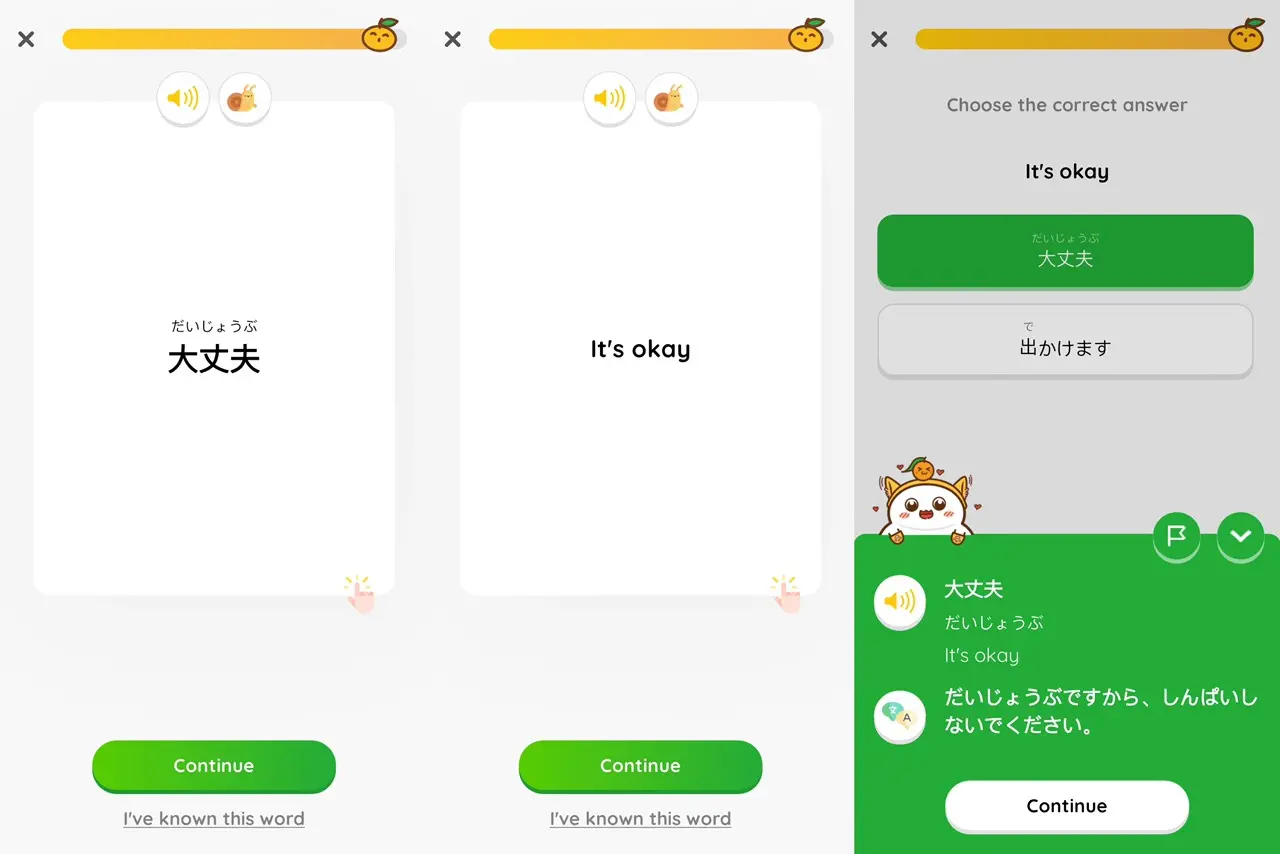
Learn additional vocabulary about how to say ‘Okay’ in Japanese, and use MochiKanji’s Golden Time feature to effectively store and review these words, enhancing your usage and retention skills.
b. Less positive ways to say okay in Japanese
Formal neutral or negative words
- いまひとつ (imahitotsu | 今一つ | It could be better.)
Often written in Hiragana, this expression indicates that something is lacking or not up to standard. After dining at a new restaurant, your colleague asks for your opinion, and you reply, “いまひとつですね、さいしょのきたいほどじゃなかった” (Imahitotsu desu ne, saisho no kitai hodo janakatta | It could be better, not as good as I initially expected).
- いらないです (iranai desu | 要らないです | That’s okay. No, thank you.)
A polite way to refuse something, “いらないです” is often used in spoken language when you don’t need something. A salesperson offers you an additional service, but you reply, “いらないです、げんざいのサービスでけっこうです” (Iranai desu, genzai no saabisu de kekkou desu | That’s okay, the current service is sufficient).
- けっこうです (kekkou desu | 結構です | That’s okay. No, thank you.)
Another polite refusal, often used in formal settings to decline an offer. At a formal event, someone offers you another helping of food, but you politely refuse, “けっこうです、じゅうぶんいただきました” (Kekkou desu, juubun itadakimashita | That’s okay, I’ve had enough).
- おきづかいなく (okizukai naku | お気遣いなく | Don’t mind.)
This phrase is used to politely tell someone that they don’t need to go out of their way for you. When someone insists on helping you with something minor, you reassure them with, “おきづかいなく、じぶんでできます” (Okizukai naku, jibun de dekimasu | Don’t mind, I can do it).
- きにしないでください (ki ni shinaide kudasai | 気にしないで下さい | Please don’t worry about it.)
Used to reassure someone that they don’t need to worry or be concerned. After a minor inconvenience caused by a coworker, you smile and say, “きにしないでください、たいしたことじゃないです” (Ki ni shinaide kudasai, taishita koto janai desu | Please don’t worry about it, it’s not a big deal).
Casual neutral or negative words
- いまいち (imaichi | 今一 | It could be better.)
This casual phrase implies that something is not quite up to par. Trying a new recipe that didn’t turn out as expected, you tell your roommate, “いまいちだな、つぎはちがうレシピをためしてみよう” (Imaichi da na, tsugi wa chigau reshipi wo tameshite miyou | It could be better, let’s try a different recipe next time).
- いらない (iranai | 要らない | That’s okay. No, thank you.)
Informal and straightforward, “いらない” is used to refuse something you don’t need. While shopping, your friend tries to hand you something to buy, but you shake your head and say, “いらない、もってるから” (Iranai, motteru kara | That’s okay, I already have one).
- けっこう (kekkou | 結構 | That’s okay. No, thank you.)
Used in casual settings to politely decline or indicate that something is sufficient. At a casual gathering, someone offers you more food, but you respond, “けっこう、もうたべられない” (Kekkou, mou taberarenai | That’s okay, I can’t eat anymore).
- おかまいなく (okamai naku | お構いなく | That’s okay. No, thank you.)
Similar to its formal counterpart, this phrase is used to tell someone not to worry or make a fuss. When a friend insists on helping you with something trivial, you smile and say, “おかまいなく、大丈夫だよ” (Okamai naku, daijoubu da yo | That’s okay, I’m fine).
- きにしないで (ki ni shinaide | 気にしないで | Don’t worry about it.)
A casual and friendly way to reassure someone that everything is fine. Your friend apologizes for something minor, and you quickly reassure them with, “きにしないで、ぜんぜんだいじょうぶ” (Ki ni shinaide, zenzen daijoubu | Don’t worry about it, it’s totally fine).
3. Slang to say “okay” in Japanese
In casual and online communication, Japanese people often use slang or abbreviations to express “OK.” These forms are typically informal and not suitable for formal situations, but they are widely understood among younger people and in digital contexts.
- オッケー (Okkee | OK)
A common slang form, often seen in texts and social media. During an online chat, your friend asks if it’s alright to call you in the evening. You casually type back, “オッケー、だいじょうぶ” (Okkee, daijoubu | OK, that’s fine).
- りょうかい (ryoukai | 了解 | OK. Sounds good.)
This term is often used in casual settings to agree with or acknowledge something. At work, your colleague sends you a task over messaging, and you respond quickly with, “りょうかい、すぐやります” (Ryoukai, sugu yarimasu | Got it, I’ll do it right away).
- りょ (ryo | OK. Sounds good.)
An even shorter version of “りょうかい,” used informally. In a group chat with friends, someone suggests a plan for the weekend, and you simply reply, “りょ” (Ryo | OK).
- よきまる (yokimaru | Good, no problem at all)
A playful and trendy way to say “OK.” Your friend shares a new idea for your project, and you enthusiastically respond with, “よきまる!これでいこう” (Yokimaru! Kore de ikou | Sounds good! Let’s go with this).
4. “Okay” can be used in any situation
The word “okay” in Japanese, whether in formal, casual, or slang forms, is versatile and can be adapted to various situations, making it an essential part of everyday communication.
For instance, when speaking with your boss, you might use a more formal expression like “だいじょうぶです” (Daijoubu desu | It’s okay) to indicate that a task is under control. In a casual chat with friends, you could say “いい” (Ii | That’s okay) when deciding on a place to eat. Online, a quick “りょ” (Ryo | OK) is enough to confirm plans in a group chat. Meanwhile, among younger people or in digital contexts, playful slang like “よきまる” (Yokimaru | Good, no problem at all) adds a trendy touch to the conversation.
Each variation of “okay” is tailored to the context, allowing you to convey the right tone, whether you’re in a formal meeting, hanging out with friends, or texting someone casually.

Enhance your understanding of Japanese with MochiKanji’s targeted vocabulary courses, covering levels N5 to N2. The app’s interactive flashcards, complete with images and audio, make learning and retaining key phrases like ‘okay’ easier and more engaging. Start your journey with MochiKanji today and take your Japanese proficiency to the next level!
Conclusion
Knowing the different ways to say “okay” in Japanese helps you respond fittingly in various contexts. Whether you need a formal, casual, or slang expression, mastering these phrases will improve your fluency and enable you to communicate more effectively with Japanese speakers.

